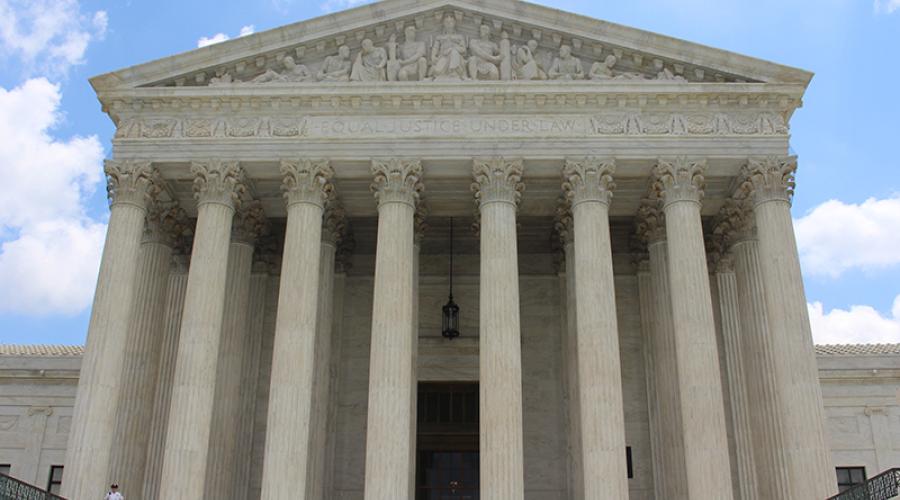
Reaction to Janus Case
ILR faculty members responded to the media and others with perspective on today’s 5-4 Supreme Court decision that government employees who are not members of the union that represents them cannot be required to pay a fee to cover the union’s costs to negotiate a contract that applies to all employees.
In a statement, Professors Harry Katz and Alex Colvin, both of the Scheinman Institute on Conflict Resolution, said, “Although public sector union leaders are understandably fearful that massive declines in union membership will follow, we’re not convinced that necessarily will be the case. Union members are often motivated to pay dues to a union for reasons beyond a simple calculation of the narrow costs and benefits of doing so. Research shows that a sizeable majority of union members think highly of the representation they receive from their union and individuals also often support unions for a complex array of reasons.”
“Whether public sector union membership will decline post Janus also will depend on whether unions find ways to mobilize their members and demonstrate all the helpful things they do for workers. We know that some unions already have begun efforts to better explain how they improve workers lives. They are also taking steps in anticipation of a negative Janus decision to trim their staffs of paid union officers and instead hand over to members more direct responsibility for union activities like bargaining and grievance handling. Ironically, the Janus decision could spur a healthy revitalization of unions and make them even more democratic.”
Professor Ileen A. DeVault, academic director of The Worker Institute at Cornell, said, “In the short run, the impact of this ruling will fall on unions representing government workers. These unions face further reductions in their incomes.”
“These reductions will mean that they will not have the resources available to best represent their members, the majority of which are women and people of color. The benefits government workers have seen from collective bargaining, including higher wages, safer working conditions, fair health insurance policies and retirement packages and much more, are now under direct attack.”
“In the longer run, the Janus decision will decrease the union representation of public sector workers. Over the past four decades, the decline of private sector union representation has been mirrored in growing income inequality in the United States. As public sector union representation declines, that inequality, already at historic levels, will increase dramatically.”
Law practitioner Lee H. Adler, who lectures at ILR on public sector labor law, said, “U.S. trade unions have received harsh treatment from U.S. courts since America’s inception. In the early 1800s, unions were outlawed as criminal conspiracies. They were consistently treated as illegal over the next 130 years until the passage of the National Labor Relations Act in 1935.”
“Public sector trade unionists had to wait until 1967 to receive the courts’ constitutional blessing that they had the right as trade unionists to associate in public workplaces, and, again, as their power surged, the U.S. Supreme Court began to dismantle their effort to collect dues from their members resulting in the Janus decision today. Unions have learned how to deal with these setbacks and will do so again.”
In an op-ed published today by “The Hill,” Lara Skinner, associate director of The Worker Institute at Cornell, says unions can use the Janus decision “as an organizing opportunity to talk to their members and the public about the importance of unions in the workplace and society.”